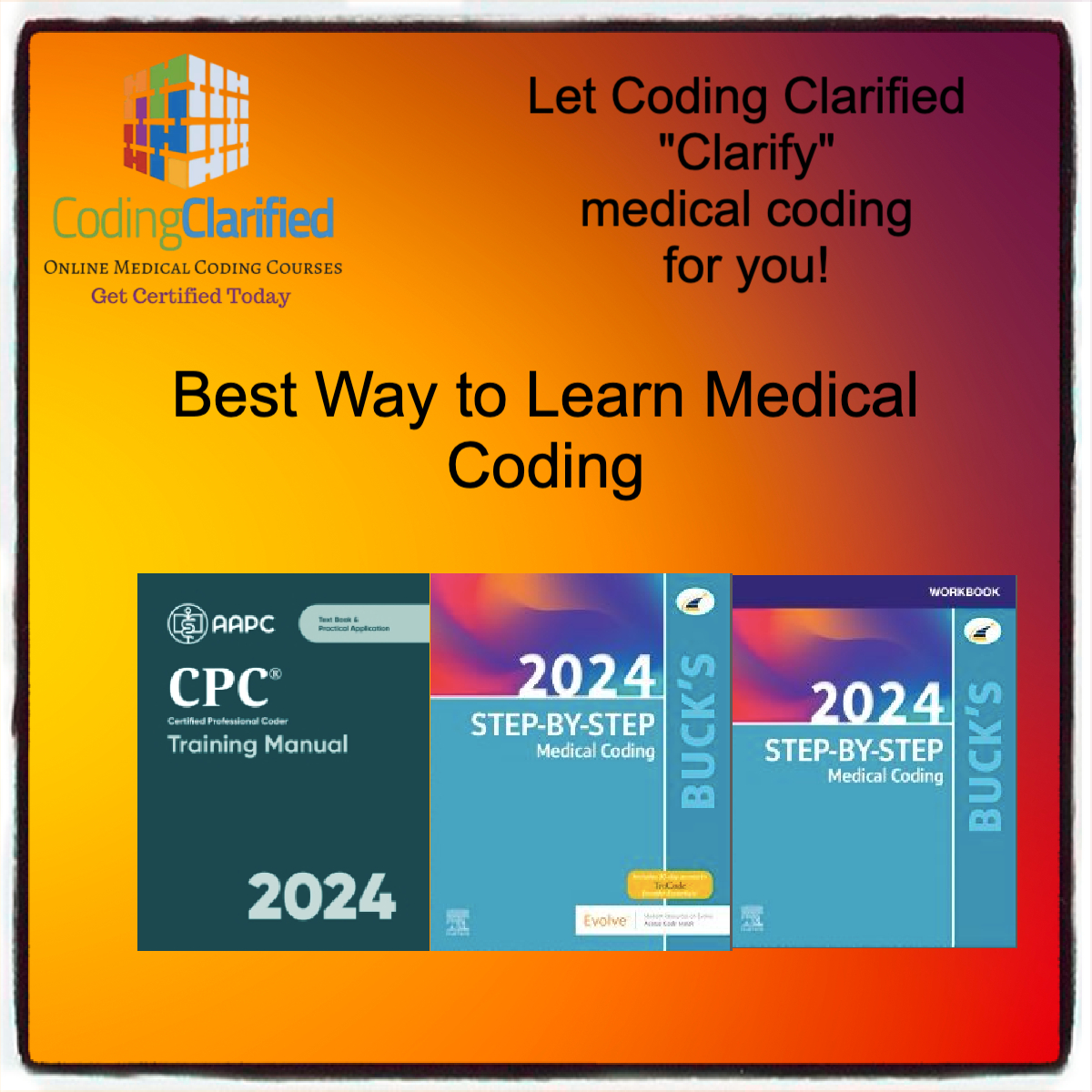Medical coding is a specialized skill crucial for the healthcare industry, encompassing the translation of medical procedures and diagnoses into alphanumeric codes for billing and data analysis. Whether you’re aiming to start a career in healthcare administration or enhance your existing skills, here are some effective strategies to master medical coding:
1. Understand the Basics:
Begin by familiarizing yourself with the fundamental code sets used in medical coding:
- ICD-10-CM (International Classification of Diseases, 10th Edition, Clinical Modification): Codes for diagnoses.
- CPT (Current Procedural Terminology): Codes for medical procedures and services.
- HCPCS (Healthcare Common Procedure Coding System): Codes for supplies, equipment, and services not covered by CPT.
2. Formal Education and Training:
Consider enrolling in a structured educational program:
- Community Colleges and Vocational Schools: Many offer certificate programs or associate degrees in medical coding.
- Online Courses: Platforms like AAPC, AHIMA, and Coding Clarified offer courses tailored to medical coding.
- Bootcamps: Intensive, short-term programs focusing on practical coding skills.
Coding Clarified AAPC CPC Training
Coding Clarified is an AAPC-approved education provider. You may even qualify for a scholarship/grant!
Medical Coding course includes the following:
Access to the online medical coding class
CPT, ICD10, HCPC, workbook & Textbook
Instructor audio files for each chapter to implement notes into your books
1:1 time with instructor as needed
Professionally written resume
AAPC Membership
CPC Exam Voucher
Job placement assistance/resources
Online HCC Internship
Free 50-Question Practice Exam
Practicode
https://codingclarified.com/mastering-online-medical-coding-training/
https://codingclarified.com/scholarships/
3. Obtain Certification:
Certification validates your competency and enhances job prospects:
- Certified Professional Coder (CPC): Offered by AAPC, focusing on outpatient coding.
- Certified Coding Specialist (CCS): Offered by AHIMA, focusing on hospital inpatient coding.
- Specialty Certifications: Available for specific areas like anesthesia or oncology coding.
AAPC CPC exam info
https://www.aapc.com/certifications/cpc/taking-the-cpc-exam
AHIMA CCS exam info
https://www.ahima.org/certification-careers/certification-exams/ccs/
4. Practical Experience:
Gain hands-on experience through internships or entry-level positions:
- Coding Internships: Offered by healthcare facilities to provide real-world coding practice.
- Entry-Level Coding Positions: Start in roles such as coding clerk or medical records technician.
Coding Clarified offers an HCC internship to our training for the AAPC CPC
https://codingclarified.com/mastering-online-medical-coding-training/
Coding Clarified blog for getting hired as a CPC-A
https://codingclarified.com/get-hired-as-a-cpc-a/
5. Continuous Learning and Professional Development:
Stay updated with industry changes and advancements:
- Continuing Education: Maintain certification through ongoing education requirements.
- Webinars and Workshops: Attend industry-specific events to deepen your knowledge.
- Networking: Join professional organizations to connect with peers and mentors.
Coding Clarified Blog for CEUs
https://codingclarified.com/ceus/
AAPC CEUs
https://www.aapc.com/medical-coding-education/#aapcActive
6. Practice and Refinement:
Regularly practice coding scenarios and challenges:
- Coding Resources: Utilize coding books, online tools, and coding manuals (ICD-10, CPT) for reference.
- Coding Exercises: Websites and forums offer practice questions to sharpen coding skills.
Coding Clarified AAPC CPC training includes Practicode.
https://www.aapc.com/shop/software-and-services/practicode-2-0
7. Soft Skills Development:
Enhance communication and analytical skills essential for effective coding:
- Attention to Detail: Accuracy is critical to ensure proper billing and compliance.
- Problem-Solving Abilities: Navigate complex coding scenarios and resolve discrepancies.
8. Embrace Technology:
Utilize coding software and tools to streamline workflows:
- Electronic Health Records (EHR): Integrate coding within patient records for efficiency.
- Coding Software: Platforms like EncoderPro and TruCode aid in code lookup and validation.
9. Specialize and Diversify:
Explore niche areas or specialties within medical coding:
- Risk Adjustment Coding: Focus on capturing accurate patient data for reimbursement.
- Auditing and Compliance: Ensure coding practices align with regulatory standards.
10. Career Advancement Strategies:
Plan for long-term growth and advancement in the field:
- Leadership Roles: Move into management or consulting positions.
- Continued Education: Pursue advanced degrees or certifications in healthcare management.
Mastering medical coding requires dedication, continuous learning, and practical application. By following structured educational pathways, gaining hands-on experience, and staying updated with industry trends, aspiring medical coders can build a solid foundation for a rewarding career in healthcare administration. Whether starting from scratch or advancing an existing career, the journey to becoming a proficient medical coder involves embracing education, experience, and ongoing professional development.

